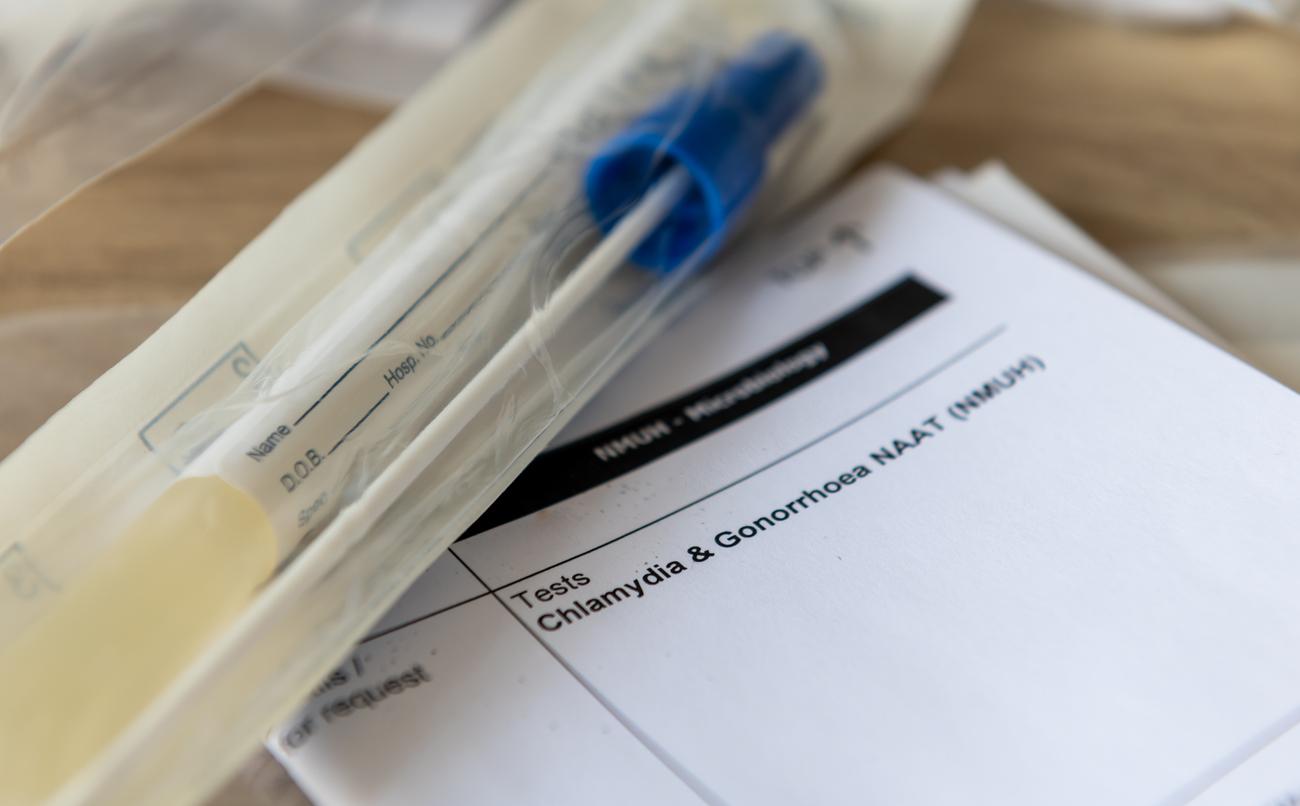Hypertension, diabetes, retroplacental hematoma… There are many causes of premature delivery. According to a recent study, sexually transmitted infections are also associated with a high risk of giving birth too early.

- Women with chlamydia, gonorrhea and syphilis are 1.03, 1.11 and 1.17 times more likely to give birth prematurely than women without sexually transmitted infections.
- Infectious agents could move up the vagina and into the cervix and lead to the appearance of chorioamnionitis, an infection of the amniotic cavity (placenta, uterus) which most often occurs after the rupture of the bag of waters
Over a million. This is the number of people who contract a sexually transmitted infection (STI) every day, according to the World Health Organization (WHO). These infections are caused by bacteria, viruses and parasites. These are mainly transmitted during sexual relations. The most common are syphilis, gonorrhea, chlamydia, trichomoniasis, hepatitis B, genital herpes, HIV and human papillomavirus (HPV). In some cases, they can have an impact on reproductive health. They can indeed lead to pelvic inflammation, infertility or the transmission of infections from mother to child. Another consequence of STIs: premature delivery, according to researchers at the University of Iowa in the United States. To reach this conclusion, they conducted a study, including the results were published in the scientific journal JAMA Network on November 29.
A link between STIs and premature births
For the purposes of their work, the scientists analyzed birth registrations made in the United States between 2016 and 2019. Their research includes more than 14 million mothers and children. The research team also collected data on chlamydia infections, gonorrhea and syphilis before or during pregnancy. Among the women who gave birth, 267,260 had chlamydia, 43,147 had contracted gonorrhea and 16,321 had syphilis. As for newborns, 1,146,800 were premature. As a reminder, a child is considered premature if it is born before 37 completed weeks of pregnancy. Scientists have examined the association between sexually transmitted infections and the risk of premature births.
The study authors found that the rate of preterm birth was 9.9%, 12.2% and 13.3% among women infected with chlamydia, who had contracted gonorrhea and suffered from syphilis. They found that mothers with chlamydia, gonorrhea and syphilis were 1.03, 1.11 and 1.17 times more likely to give birth prematurely than women without sexually transmitted infections. The researchers concluded that STIs increased the risk of premature births.
The infectious agents would go up in the female reproductive system
Scientists haven’t investigated exactly how having an STI before or during pregnancy might affect pregnancy duration. However, they put forward a few ideas. According to them, bacteria, viruses and parasites could go up in the vagina and in the cervix and cause the appearance of chorioamnionitis, an infection of the amniotic cavity (placenta, uterus) which occurs most often after the water bag has broken.
“Pregnant women suffering from sexually transmitted infections before or during pregnancy could benefit from prevention targeted at premature births”, they point out.

.















